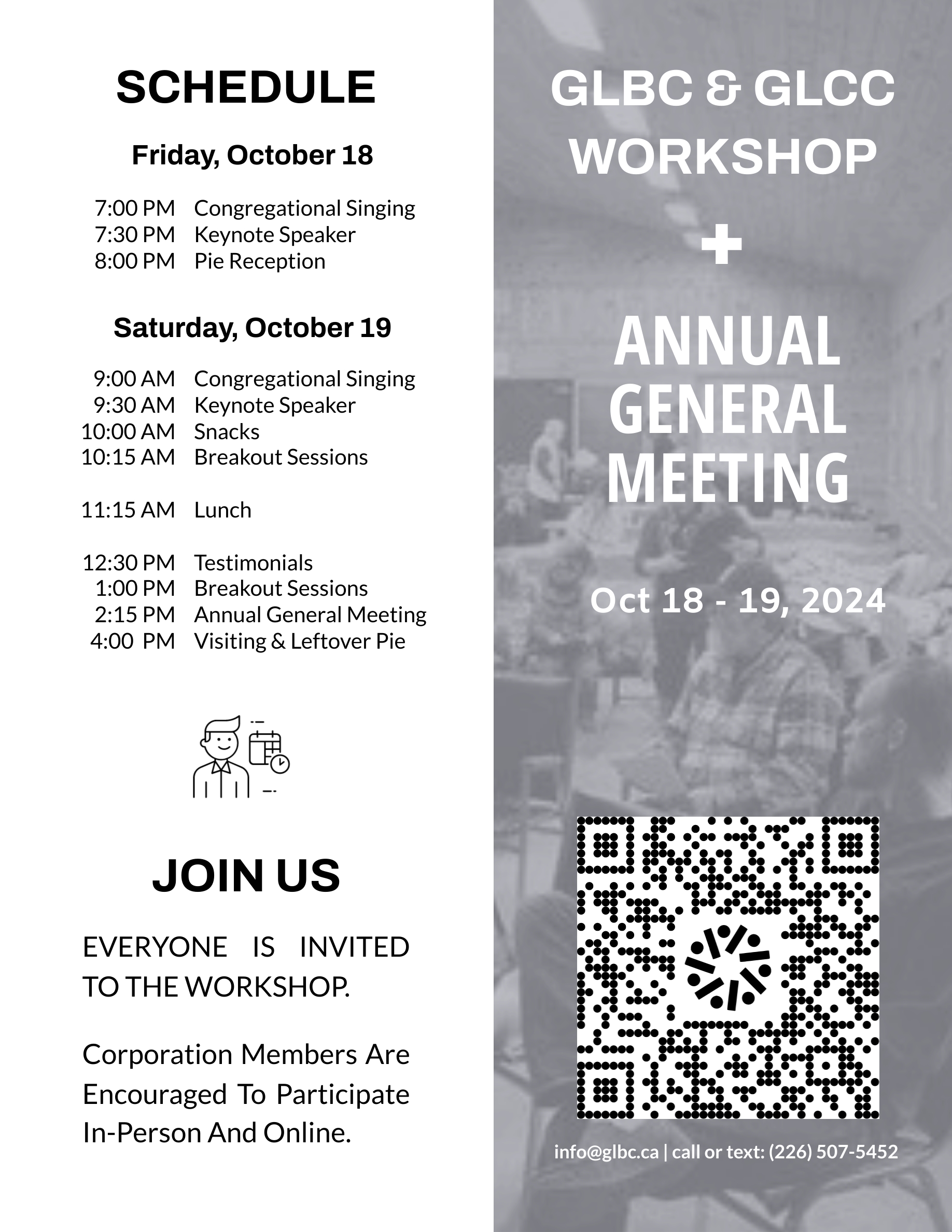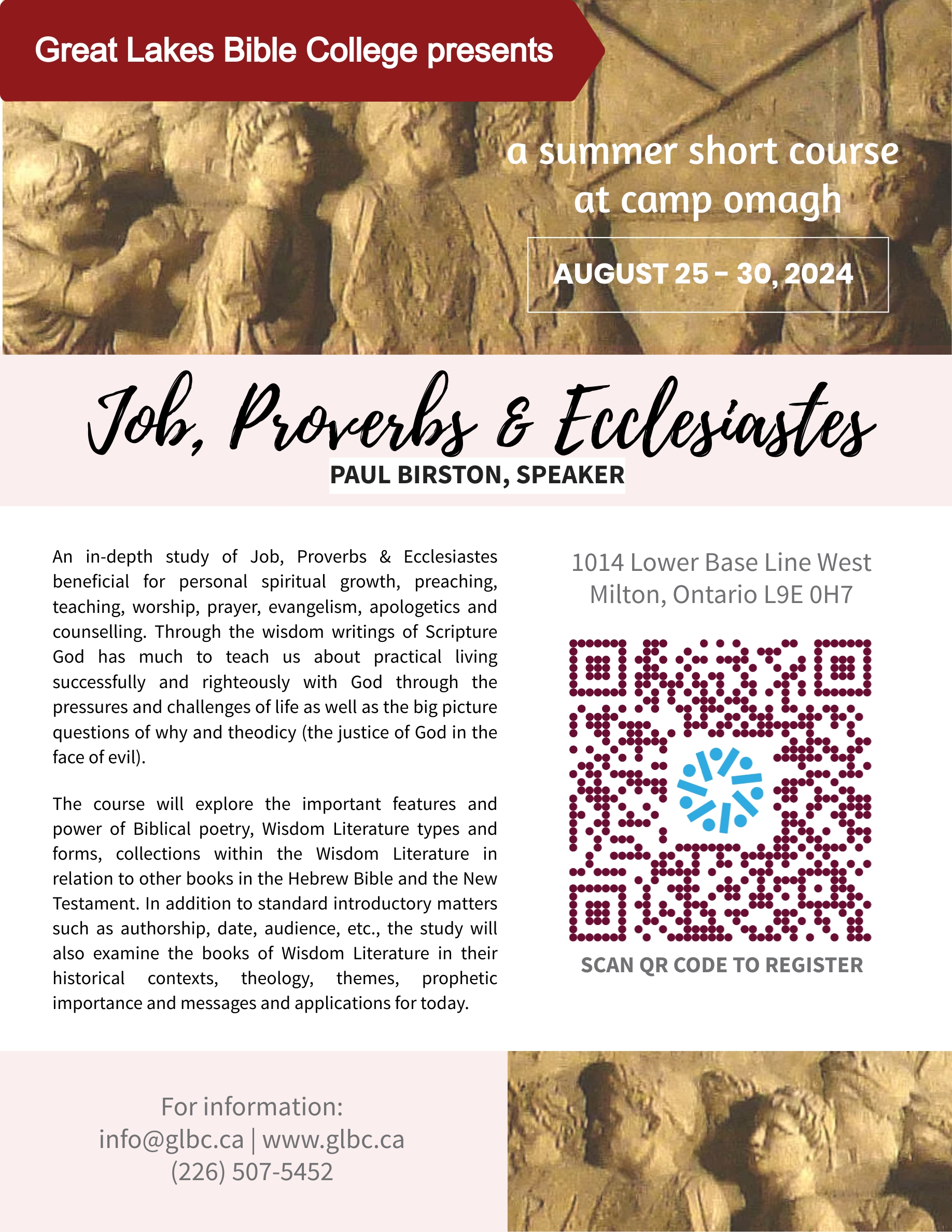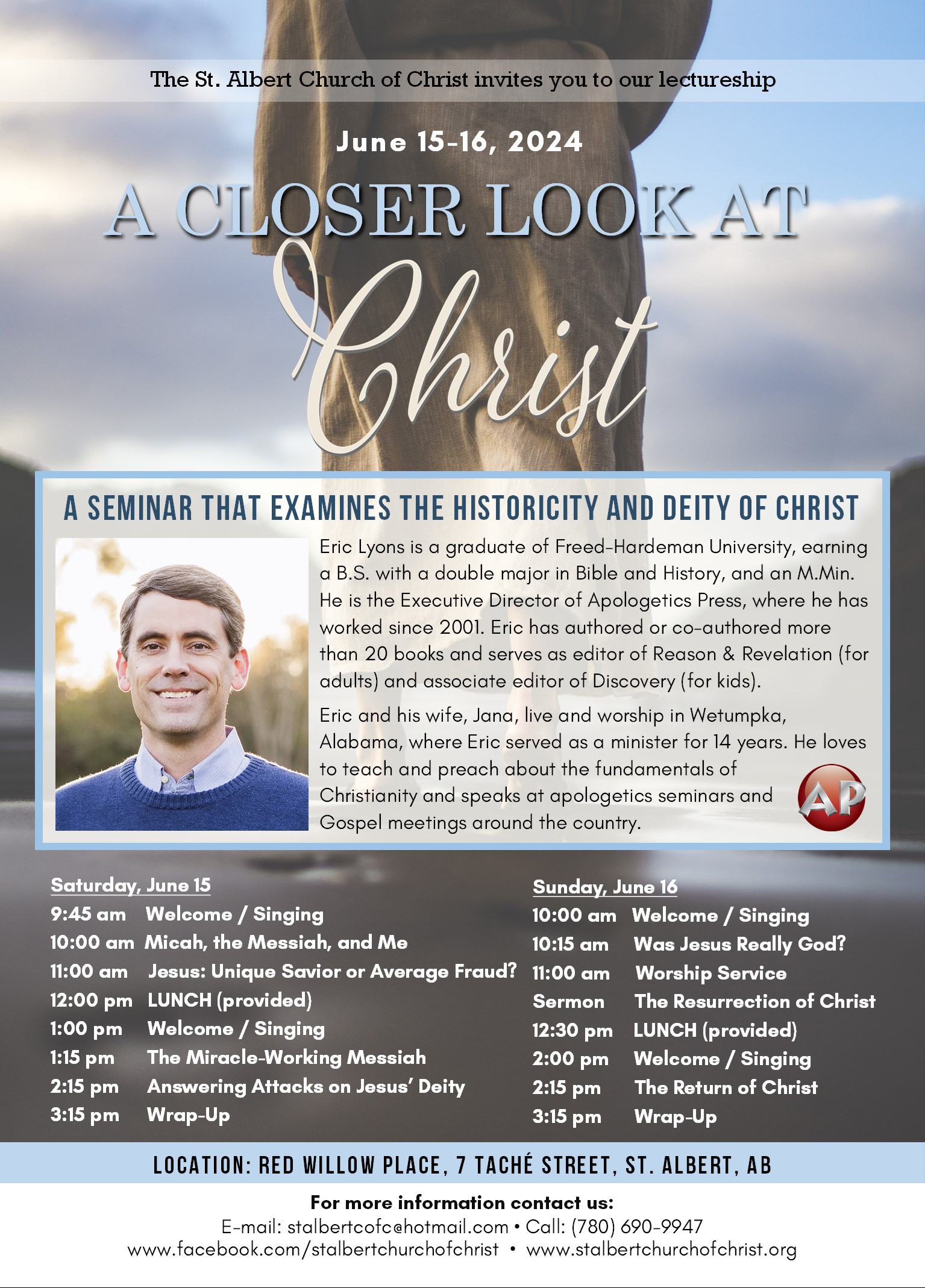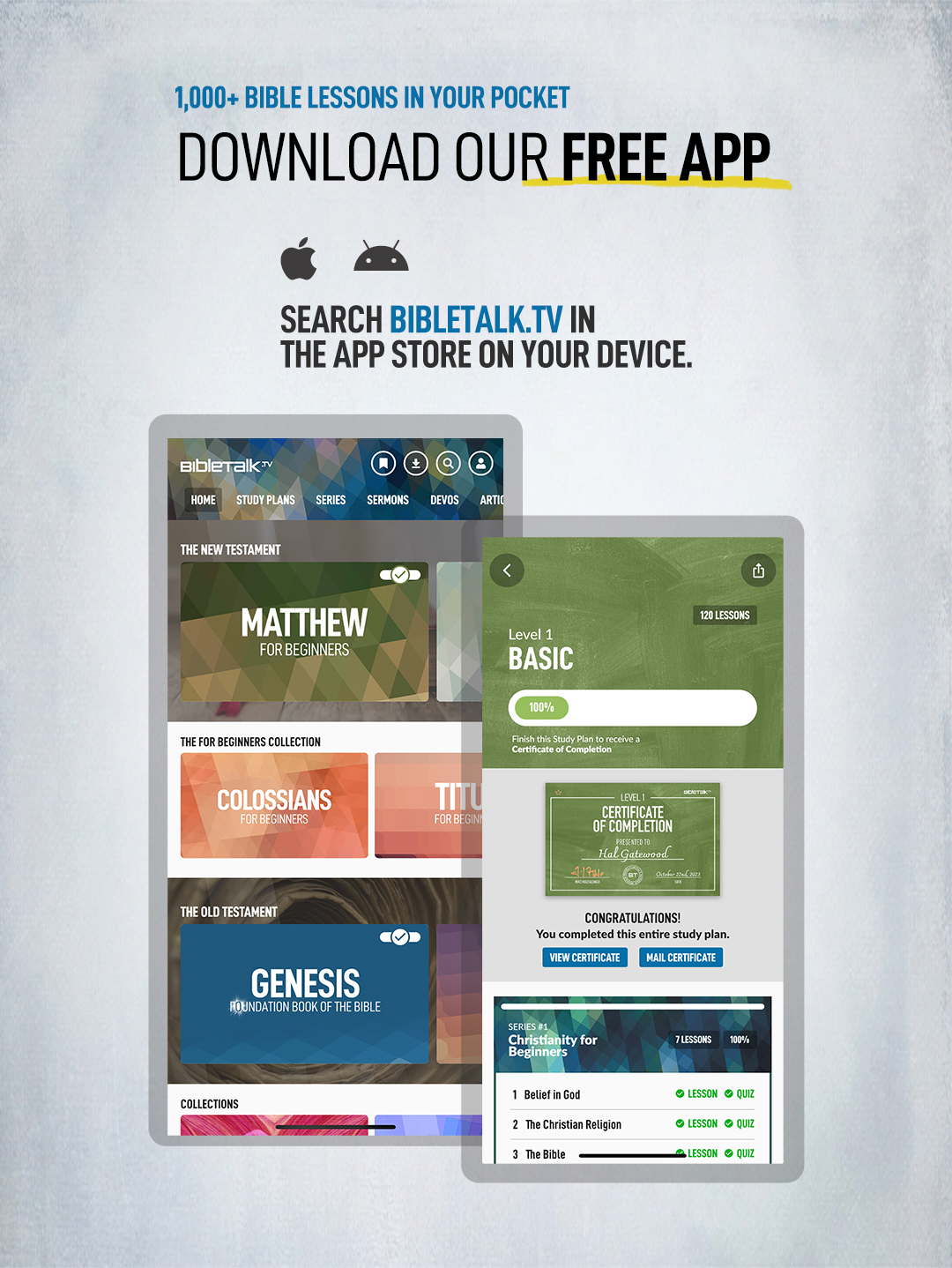This final part of our discussion, will serve largely as an addendum to the previous articles. We move on from the question of whether self defence is ever morally right, to consider the expedience of exercising that right. The scriptures call us to give up some of our rights in the interests of others and especially when they may result in irreversible outcomes. How to act and what to do when faced with physical danger is perhaps best determined in advance as circumstances of the moment may ‘run out the clock’ before we are able to decide. With that in mind we want to consider some tools that can help us maintain our Christian character when under stress. This could be a situation where self defence is required however it may be a car accident major or minor. It could be an injured child. It could even been extreme grief or stress as a result of illness or loss.
What then are some of the things that we ought to take into account when thinking ahead?
- Human life is given by God who has placed the highest possible value upon it and brought it under his protection.
- Acting as God’s agents, Christians ought to prioritize the well being of others, and most importantly their eternal salvation.
- Training ourselves to remain in control of our emotions and actions may prove to be invaluable.
With regard to this last point, it is worth considering what happens to our mental and physical state when under severe stress – as when a physical threat may need to be met with physical force to defend ourselves or others.













Even professionals find it hard to maintain self-control when facing danger. When training first responders, I always talk about how the body responds to stress and especially to fear and trauma. So let’s touch on that. Most of us have at least heard about the ‘fight – flight’ response and have in fact experienced it. To that I would add one further “F” – for ‘freeze’. Anyone who has caught a prey animal off guard has seen it. It is the classic ‘deer in the headlights’ response. In some animals it’s so powerful that they are at least initially unable to move. People do the same thing. Shock, alarm, stress or fear all trigger this response which we are calling fight, flight or freeze.
Diving a bit deeper; when you shocked or alarmed the amygdala, the part of the brain that senses danger immediately triggers a chain reaction, setting off an alarm system in your body. This prompts your adrenal glands to release a surge of stress hormones, including adrenaline and cortisol. These stress hormones increase your activation levels and increase heart rate, elevate your blood pressure and boost energy supplies. Breathing becomes shallow and quick. Blood is diverted to the muscles and major organs, muscles become stronger and tighter in preparation for action, pupils dilate (to take in threats in our environment), you sweat and you stop digesting food (not essential to immediate survival). In this state of heightened arousal you are likely to experience certain physiological phenomenon (McLeod, 2010).
These include:
- Auditory exclusion: not hearing all relevant sounds/noises.
- Perceptional narrowing (tunnel vision): tendency for perceptional field to shrink putting focus on most dangerous item or person.
- Time distortion: can either make events appear to slow down or speed up, (how often have you heard someone describing a traumatic event say time seemed to slow down or it was over in a flash).
- Awareness lapse: certain portions of the event are not recalled because our brain is focused on possible danger and may not process all information in the environment.
- Loss of fine motor skills: loss of dexterity or skills involving refined use of small muscle control (I can remember when I responded to my first structure fire I was unable to properly buckle my helmet).
- Hyper-vigilance: heightened state of alertness which will often last longer than the initial event. Given this reaction it is easy to see how someone may do or say the wrong thing in a highly dangerous situation.
What we want to be able to do is move our locus of control from our amygdala, to our frontal cortex. This part of our brain is responsible for logic and reason. It takes a certain amount of time to do this. The amount of time it takes is not something we are fully able to control. Some people will naturally be able to make the switch faster than others. Those who can do it very quickly are often high-level athletes and or members of elite military units. All the same, it has been shown that through training and stress management practices, it is possible to reduce the time it takes your brain to make the switch from amygdala to frontal cortex. For our purposes we care about this as a means of maintaining Christian virtue through the exercise of self-control.
The circumstances outlined above pertain to ‘spur-of-the-moment’ events which while they can be prepared may never occur. Dangers that may be reasonably foreseen are also more likely to occur and may be dealt with on a daily basis. These may cause ongoing stress and the Bible has some things to say about why these exist and how we might handle them.
Danger may come at us from human sources, driven by envy, greed and even hatred. The Devil tempted Cain not only to hate Abel but to rid himself of his brother once and for all. As love is of God, hatred is from the Devil I John 3:12-13. Knowing this, we ought not be surprised when those belonging to Satan, hate those who belong to God. The apostle John reminds us of this because we are in fact surprised by the level of hatred directed at the people of God. Though we are repeatedly warned in scripture, we continue to entertain the mistaken notion that if we try to do good and to be good that good things will happen. John says that this is faulty reasoning, by reminding us of one of the earliest examples of someone who tried to be faithful and what they got for it, was dead. Jesus himself warns us, “in the world you will have trouble.” Therefore, one way to manage difficult situations better, is to better anticipate and prepare for them.
I often see people become frustrated when things do not go according to plan nor do people respond as we had hoped. The Bible provides a dose of realism that helps us to deal with the world (and the Church). Then, when something bad happens we can say that Jesus warned us and showed us how to persist, how to endure and how to overcome.
The Bible helps us to manage our expectations. It does that when we spend time in it and time with our Heavenly Father in prayer. Together, these keep us joined to “the vine” and connected so that we may be spiritually successful and joyful (John 15:1-11).
The introspection and self reflection, facilitated by prayer and study can change us as we draw closer to God. This closeness to our Heavenly Father prepares us to respond to the challenges of life. It also provides a constant reminder of what we value and to whom we belong. God hears our prayers and blesses us according to His will.
God does not lose track – but sometimes we do. Keeping a journal of what we pray for, our innermost thoughts and feelings and what it is that we are studying in the Bible, helps us to recall where we have been and where it is that God is taking us. This can be a significant and effective exercise in what is often called ‘cognitive behavioural therapy’. It is both good and healthy to take stock of ourselves throughout the day…to say a prayer and to assess our mental, spiritual and emotional well being, confident that God is always with us.
Maintaining an awareness of where we are, what we are doing and what it is that is going on around us is a practice known as grounding. Grounding is an effective way of reducing stress and avoiding panic. And should panic arise, it helps to slow your breathing by counting four seconds while breathing in, holding it for four seconds, exhaling for four seconds, and holding for four seconds again. Repeat this four second pattern for a few repetitions. This can be done anywhere and will help to lower stress hormones. Reducing panic will help to return control to your frontal cortex – the reasoning part of your mind.
By remaining calm and acting reasonably we can maintain our Christian character at even the worst of times. This may be a time when we hope to avoid the need for physical violence all together. And when it cannot be avoided, we will be prepared with a measured response that values life and protects the innocent.
Some Conclusions:
- The scriptures provide for the use of force when life is in danger
- Christians are called to consider the eternal best interests of all involved.
- Learning to manage our response to stressful, dangerous or deeply troubling situations is an important part of maintaining Christian character.
- Insofar as it is up to us, we are to live at peace with all people.
Works Cited
Bible, B. l. (n.d.). Blue letter Bible. Retrieved from Blueletterbible.org: https://www.blueletterbible.org/lang/lexicon/lexicon.cfm?strongs=H7523
Boles, H. L. (1923). New Testament Teaching on War. Retrieved from digitalcommons.acu.edu: https://digitalcommons.acu.edu/cgi/viewcontent.cgi?article=1442&context=crs_books
Casey, M. W. (1999). digitalcomons.peperdine.edu. Retrieved from The Ethics of War: Pacifism and Militarism in the American Restoration: https://digitalcommons.pepperdine.edu/cgi/viewcontent.cgi?article=1625&context=leaven
Geisler, N. L. (1989). Christian Ethics Options and Issues. Grand Rapids MI: Baker Books.
Gen Ed. Chad Brand, G. E. (2003). Holman Illustrated Bible Dictionary. Nashville TN: Holman Bible Publishers.
Grudem, W. (2018). Christian Ethics. Wheaton IL: Crossway.
Guin, J. F. (2009, October 20). Pacifism: David Lipscomb and Civil Government. Retrieved from One In Jesus: https://oneinjesus.info/2009/10/pacifism-david-lipscomb-and-civil-government/
Hub, B. (2021). Exodus 20:13. Retrieved from BibleHub.com: https://biblehub.com/exodus/20-13.htm
Lambert, G. (2021). history of the restoration movement Foy Esco Wallace. Retrieved from therestorationmovement.com: https://www.therestorationmovement.com/_states/texas/wallace,fe,jr.htm
Notes, N. T. (1996). NET Bible Full Notes Edition. Thomas Nelson.
World Video Bible School, D. B. (2015, Jan 21). The Christian and Self Defence. Retrieved from YouTube.com: https://www.youtube.com/watch?v=GdrvgOso1Q4

